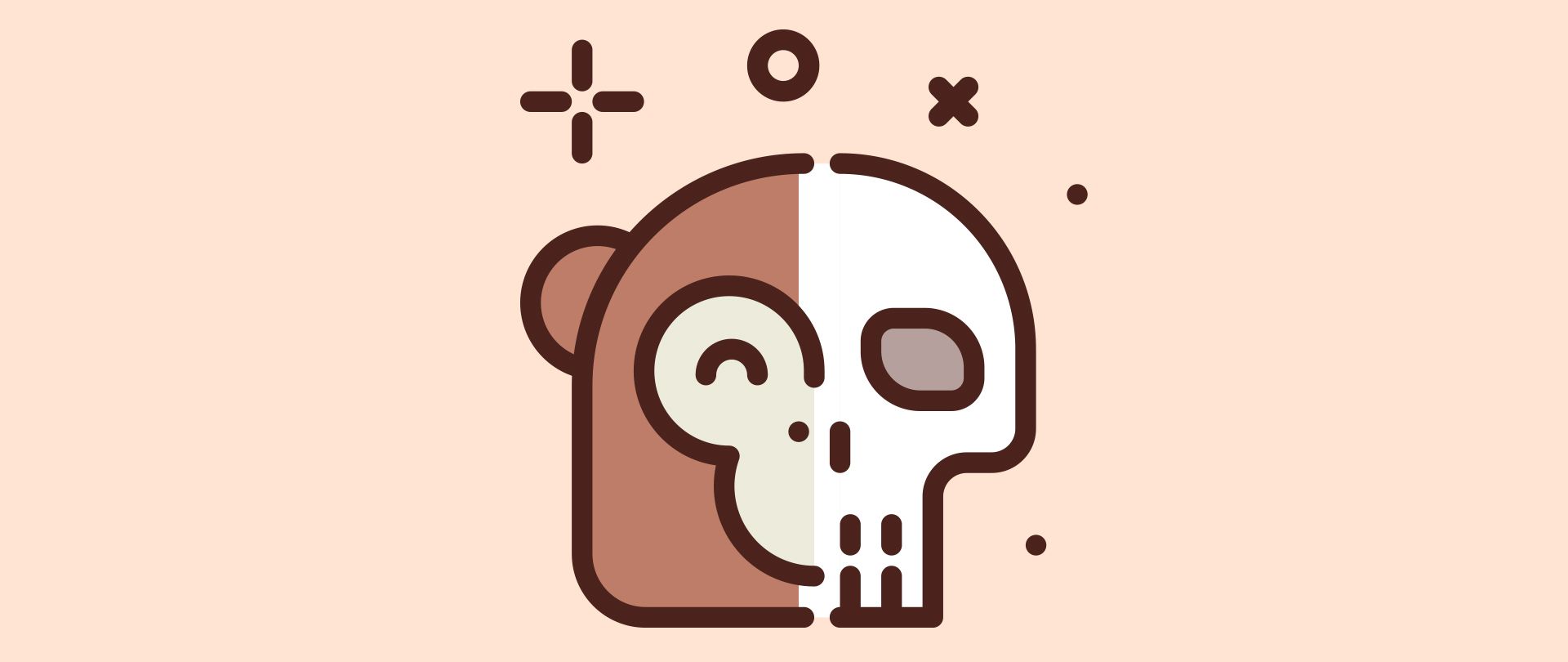Have You Ever Heard Of Anyone Not Surviving Because They Changed Too Fast?
Our ability to change is critical to being able to adapt to the variety of new circumstances we continually face. Change is in fact the foundation of evolution and it is also integral to us being able to leverage our creativity and desire to make improvements.
Whilst the concept of “change” is ever present, it is particularly challenging where we have built systems, structures and products that just aren’t flexible to allow things to grow and move. When we find something not working, confronting and uncomfortable it is likely caused by an inflexible, poorly performing part of our current life solution.
Covid-19 is a new disease and it seems it is something we are going to need to learn to live with, which will of course require us to change. This change has not been completely mapped out so this is a work in progress, which of course is an opportunity. Because of the way the world’s population is now so dynamically connected by travel, the disease found its way to every corner of the world at significant speed. The question is how will we live and work with an ever present, highly contagious, killer disease, that has no vaccine.
The scale and significance of this question means we will need to change faster than what we find easy and this will manifest as uncomfortable. It will mean a period of heightened uncertainty, anxiety and disruption. Initially, it will add new costs to how we keep people safe, particularly those working in jobs with customer contact. It will change the mindset around social distancing on transport, at large events and in cafes and therefore affect the cost of space. Most of all it will change people’s behaviour in ways we have not yet imagined and it will most certainly change their sense of freedom.
We are constantly being told that we must change our behaviour faster to avoid irreparable damage to our climate, land and oceans, so it seems there is far bigger consequence and change to come. Maybe this current change we are facing is just a practice on our journey to being able to adapt and change faster.
We all have to own the problem, give up a little bit of ego, double our effort, be more responsible, embrace all changes that make a positive difference. Even if it means things will be a little bit more expensive, a little less convenient, not as fast, not as profitable.
It is always easy to think that I am doing my bit and it’s everyone around me that needs to do more, but change starts with everyone of us. So if you can’t find something that you can do better each week, you are part of the problem.
8 suggestions of changes you can make:
1. Raise awareness by putting “Change” on your agenda at every meeting- What can we change for good?
2. Make a list of five or six things in your workplace or business that you can improve by making a change. Look for customer experience improvements, waste elimination, reduced consumption, challenge yourself to learn how to use software better (we can all do this), or help someone to learn something new. When you have completed the list, celebrate big, and make a new list.
3. Look at all the tasks you repeatedly do that are inefficient, have duplication in them or are just slow. Make a list and work on it, one thing at a time.
4. Encourage someone to help you. Your enthusiasm will inspire others. especially if you can show them what the benefit to changing is.
5. Track the changes you make. It will help you keep your energy up and remind you of why you are doing it. (Become a change advocate).
6. Look for things that could be systemised and invite people to suggest their ideas. It’s much easier to change when everyone gets involved.
7. Look for things to be eliminated. There are probably lots of these???
8. Reward your work colleagues. It need not be big, it might be making them a coffee, or bringing in a cake or sending them a card to thank them for the great support they give you.
Mark Collins is a specialist food service and hospitality business adviser. Find out more here.

